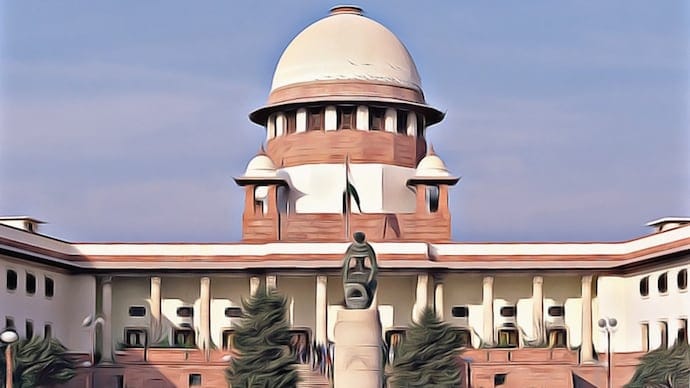


The Supreme Court recently set aside the conviction of a husband booked for abetting the suicide of his wife in 1993 [Naresh Kumar vs State of Haryana].While doing so, the bench of Justices JB Pardiwala and Manoj Misra sounded a note of anguish about the long ordeal faced by the accused."The criminal justice system of ours can itself be a punishment. It is exactly what has happened in this case. It did not take more than 10 minutes for this Court to reach to an inevitable conclusion that the conviction of the appellant convict for the offence punishable under Section 306 of the IPC is not sustainable in law. The ordeal for the appellant started some time in 1993 and is coming to the end in 2024, i.e. almost after a period of 30 years of suffering", the bench observed.The top court noted that it was mindful of the fact that a young woman died leaving behind her 6-month-old infant and that no crime should go unpunished."But at the same time, the guilt of the accused has to be determined in accordance with law," the Court added.The observations came while allowing an appeal filed by the accused-husband against a Punjab and Haryana High Court order passed in 2008. The husband had been accused of harassing his wife and driving her to die by suicide in November 1993.A trial court convicted the husband in 1998, and the High Court later upheld the trial court's decision to convict the husband under Section 306 (abetment of suicide) of the Indian Penal Code. This verdict was challenged before the Supreme Court.The apex court noted that the mere alleged harassment of the deceased woman at the hands of the accused husband is not enough to constitute guilt for abetment of suicide.“It also requires an active act or direct act which led the deceased to commit suicide. The ingredient of mens rea cannot be assumed to be ostensibly present but has to be visible and conspicuous," the Court explained.The instant case lacked clinching evidence to convict the husband, the Court concluded.Pertinently, the bench underscored that the mere fact that the deceased died by suicide within seven years of marriage will not make the presumption under Section 113A (presumption as to abetment of suicide by a married woman) of the Indian Evidence Act apply automaticallyRather, courts have to be very careful and vigilant in assessing evidence of alleged cruelty in such cases which can be a tough and arduous task, the bench added.“Before the presumption under Section 113A is raised, the prosecution must show evidence of cruelty or incessant harassment in that regard ... If it transpires that a victim committing suicide was hyper sensitive to ordinary petulance, discord and differences in domestic life quite common to the society to which the victim belonged and such petulance, discord and differences were not expected to induce a similarly circumstanced individual in a given society to commit suicide, the conscience of the Court would not be satisfied for holding that the accused charged of abetting the offence of suicide was guilty,” the Supreme Court made it clear.
The appeal against the accused man's conviction was, therefore, allowed and he was acquitted of the crime.
Advocates SD Singh, Shweta Sinha, Ram Kripal Singh, Siddharth Singh and Aparna Jha appeared for the husband, one Naresh Kumar.
Additional Advocate General Raj Singh Rana and advocates Samar Vijay Singh, Keshav Mittal, Sabarni Som and Fateh Singh appeared for the Haryana government.
TAGS: Supreme Court Conviction Husband Abetting